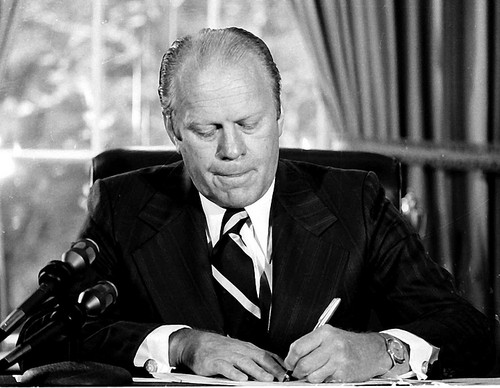VIDEO - Disdain the Mundane and other lessons from Clyde
When I saw that the ESPN 30 for 30 video short series latest creation was a feature on New York Knicks legend Walt 'Clyde' Frazier there was no way that I was not going to post about it on the blog.
Some background - ESPN a couple years ago, in conjunction with the network's 30th Anniversary year, commissioned a series of original documentaries called simply 30 for 30, which covered a wide range of sports-themed stories, from the perspective of 30 different, and many well-known directors. If you care about sports at all, you should really spend some time catching the original 30 for 30 run, (my favorite, which I blogged about here, is 'Once Brothers', a moving look back at the Yugoslavian national basketball team of the 80s).
More recently, the 30 for 30 series has expanded into shorter pieces, like the above mentioned piece on Clyde Frazier titled 'Disdain the Mundane', (embedded below, RSS and email subscribers please click through). Check the video below, and then I'll hit you with 5 life and career lessons from Clyde taken straight from 'Disdain the Mundane'
1. 0:56 - On finding a work/life balance
Clyde speaks: 'As a rookie, I wasn't playing up to expectations, so in order to pacify myself, I went shopping. I might not be playing good, but I look good'.
Lesson: Work matters, but it can't be the only thing in your life. Stepping away, finding some solace, especially when in a tough patch at work is the way to keep your sanity.
2. 1:14 - On standing-out
'I see this borsalino hat, brown velour, but it had a wide brim. And those days, like now, they were wearing the narrow brim. I never like the narrow brim. The first time I wore the hat, everyone laughed at me - my teammates, the opposition. But I said, 'Hey man, I look good in this hat, so I'm keeping it on.' Two weeks later the movie Bonnie and Clyde comes out, and everyone says 'Look, there goes Clyde'
Lesson: Go along with everyone else, wear the narrow brim hat, and you are just another guy with the same hat everyone else has. Go a different way, stand out a little - and now you are not just some dude, you are 'Clyde'.
3. 1:48 - On learning your trade
'When I was Clyde, I was still learning. I used to go on 5th Ave. and just walk. In the 70s, 5th Ave. was the most fashionable street in the world. I used to see different colors people had on, and I'd go to my tailor and I'd make them up, because I actually saw them right there.'
Lesson: Understand you don't know everything, and the only way to really get smarter is to find people that know what you want to know, or at least can help you better articulate where you want to go. And the best way to do that is right on the street as it were, live and in-person.
4. 3:10 - On working with innovative people
'They (the tailors) know I'm looking for something different. I don't want just your basic, generic thing. Usually when I go to a new guy I tell him - 'Hey man, show me something you think nobody would wear.'
Lesson: You want to continue to do great work? It helps to find like-minded people that are up to that challenge, who can think differently, and who won't get in caught up in devising reasons to say 'No.'
5. 4:07 - On lateral thinking
'(when he embarked on his post-NBA broadcasting career) 'I said, 'Man, I've got to improve my vocabulary.' So I used to get the Sunday Times, the Arts & Leisure section, when they critique the plays - riveting, mesmerizing, provocative, profound - all this stuff, dazzling. So I have books and books of words and phrases, and once I learned the words I could start relating them to the players.'
Lesson: You don't get better at something JUST by studying that one thing. Clyde realized that basketball was 'performance', not unlike movies, books, plays, etc. So by studying the language that the New York Times critics and reviewers used, Clyfe was able to bring a fresh, distinctive element to his basketball broadcasts, further cementing his status as an innovator.
Awesome.
Clyde is a legend. Cool, canny, cunning, creating.
Rockin' Steady.
Disdain the Mundane.
Go Knicks.
Have a Great Weekend!

 Steve
Steve

